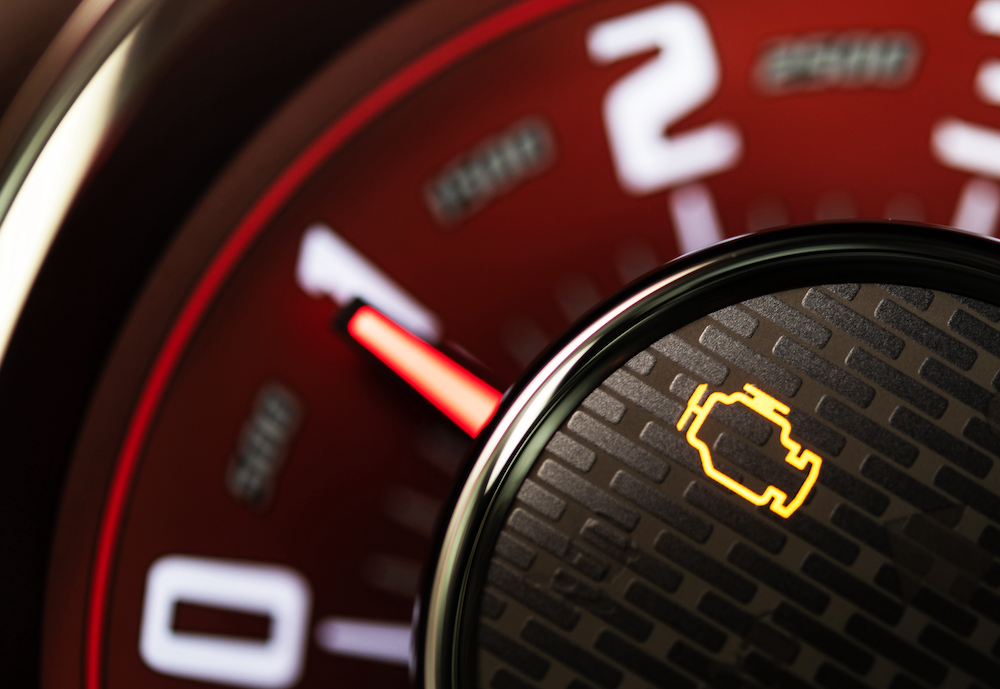

The check engine light is one of the most common and anxiety-inducing warnings that can illuminate your vehicle’s dashboard. While it can signal a range of issues, understanding its common causes and knowing how to address them can save you from costly repairs and keep your vehicle running smoothly.
Common Causes
- Loose or Faulty Gas Cap: This is one of the simplest and most common reasons for the check engine light to come on. A loose or damaged gas cap can cause fuel vapors to leak, triggering the light.
- Oxygen Sensor Failure: The oxygen sensor monitors the unburned oxygen in the exhaust system and helps regulate the engine’s air-fuel mixture. A faulty sensor can affect engine performance and fuel economy.
- Catalytic Converter Issues: The catalytic converter reduces harmful emissions. A malfunctioning converter can lead to decreased performance and increased emissions.
- Mass Airflow Sensor Problems: This sensor measures the amount of air entering the engine and helps adjust the fuel injection. Issues with this sensor can result in poor fuel economy and performance.
- Spark Plug or Ignition Coil Failures: These components are vital for the engine’s combustion process. Faulty spark plugs or ignition coils can cause misfires and affect engine efficiency.
How to Address the Warning
When the check engine light comes on, it’s crucial to address it promptly:
- Check the Gas Cap: Ensure it’s properly tightened or replace it if damaged.
- Visit a Service Professional: Use an OBD-II scanner to identify the specific issue or have a professional diagnose and fix the problem.
- Don’t Ignore It: Ignoring the check engine light can lead to severe engine damage and costly repairs down the line.
Preventive Maintenance
To avoid the nightmare of a check engine light, regular maintenance is key:
- Routine Inspections: Regularly check and replace the gas cap, spark plugs, and sensors as needed.
- Scheduled Servicing: Follow your vehicle’s maintenance schedule for oil changes, filter replacements, and other routine tasks.
- Monitor Fuel Quality: Use high-quality fuel and avoid contaminants that can affect the engine.
By understanding the common causes of the check engine light and taking proactive steps to maintain your vehicle, you can keep your vehicle running smoothly and avoid unexpected breakdowns. Remember, the check engine light is a helpful warning—don’t ignore it. If you would like your vehicle checked for possible engine problems, contact the service professionals at Car Kings today to schedule an appointment.
